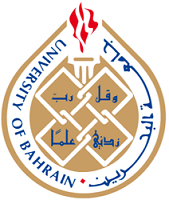English Abstract
Abstract :
This study is an attempt to measure the effectiveness of a proposed program for the developing critical thinking skills in science for the fifth graders in Saudi Arabia.
The experiment was carried out using a sample of 29 students, and a control group of 27 students who undertook the common traditional way. This proposed program is developed in addition to a critical thinking test tool. The results reviled that:
1- There is no statistically significant difference at the 0.05 level between the means of the experimental and control groups for the critical thinking skills for primary school students (fifth grade) in science subject in terms of knowing assumptions "data", interpretation, evaluation of the arguments "discussions", inference, and conclusion before implementing the program.
2- There is a statistically significant difference at the 0.05 level between the means of both group subjects for critical thinking skills for primary school students (fifth grade) in science in terms of knowing assumptions "data", interpretation, evaluation of the arguments "discussions", inference, and conclusion after implementing the program for the experimental group.
3- There is a statistically significant difference at the 0.05 level between the means of both groups after the implementation of the proposed program at the level of the total critical thinking skills for the experimental group.
4- The percentile gain of the proposed program indicates 1.234 out of 2, so the program is characterized by the efficiency in developing and improving critical thinking skills to primary school students (fifth grade) in science.
A number of recommendations were suggested as follows:
1. Designing similar programs for the critical thinking skills at different age's groups.
2. Teachers should be trained on using such programs for enhancing the critical thinking skills.

